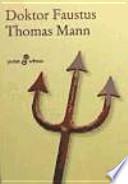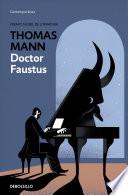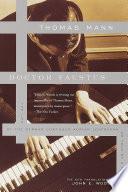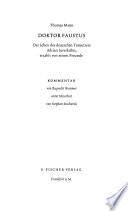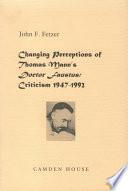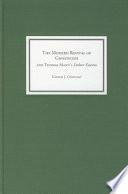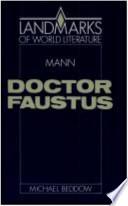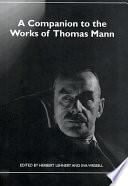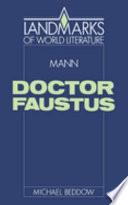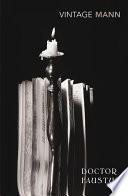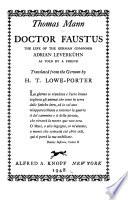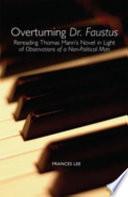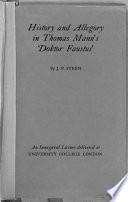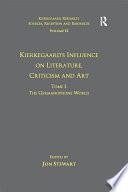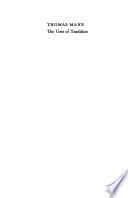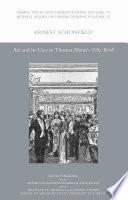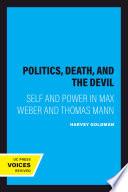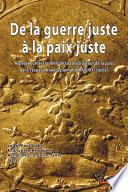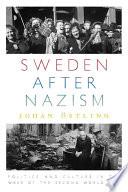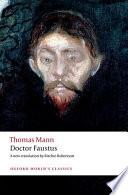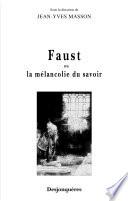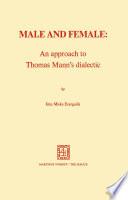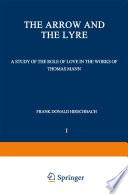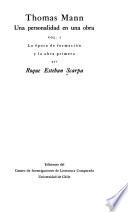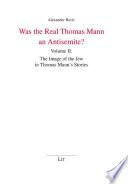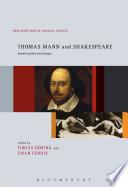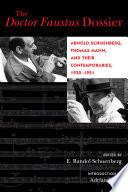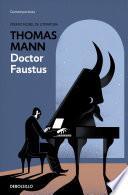
Doctor Faustus
Autor: Thomas Mann
Número de Páginas: 757Una reinterpretación del gran mito inmortalizado por Goethe. Un reflejo de la sociedad moderna. La última gran novela de Thomas Mann es una reinterpretación del mito de Fausto. Su protagonista, Adrian Leverkühn, es un compositor brillante, así como un hombre solitario y exigente. Su obra, una música nueva, rompedora, radical y de ritmo acelerado, parece estaral filo de lo imposible. A pesar del éxito, Adrian aspira a más hasta el punto de vender su alma y renunciar a cualquier posibilidad de amar. Doctor Faustus, una de las obras más profundas del autor, reflexionaacerca de la figura del genio, al mismo tiempo que propone el mito de fausto como un reflejo de la realidad de su tiempo. Reseña: «Novela que consideraba la más personal, la más confesional, lamás íntima de las suyas, aquella en la que al fin reveló,irónica, lúcidamente, su secreto. Y ese secreto es,quizá, el exceso de lucidez.» Eugenio Trías

